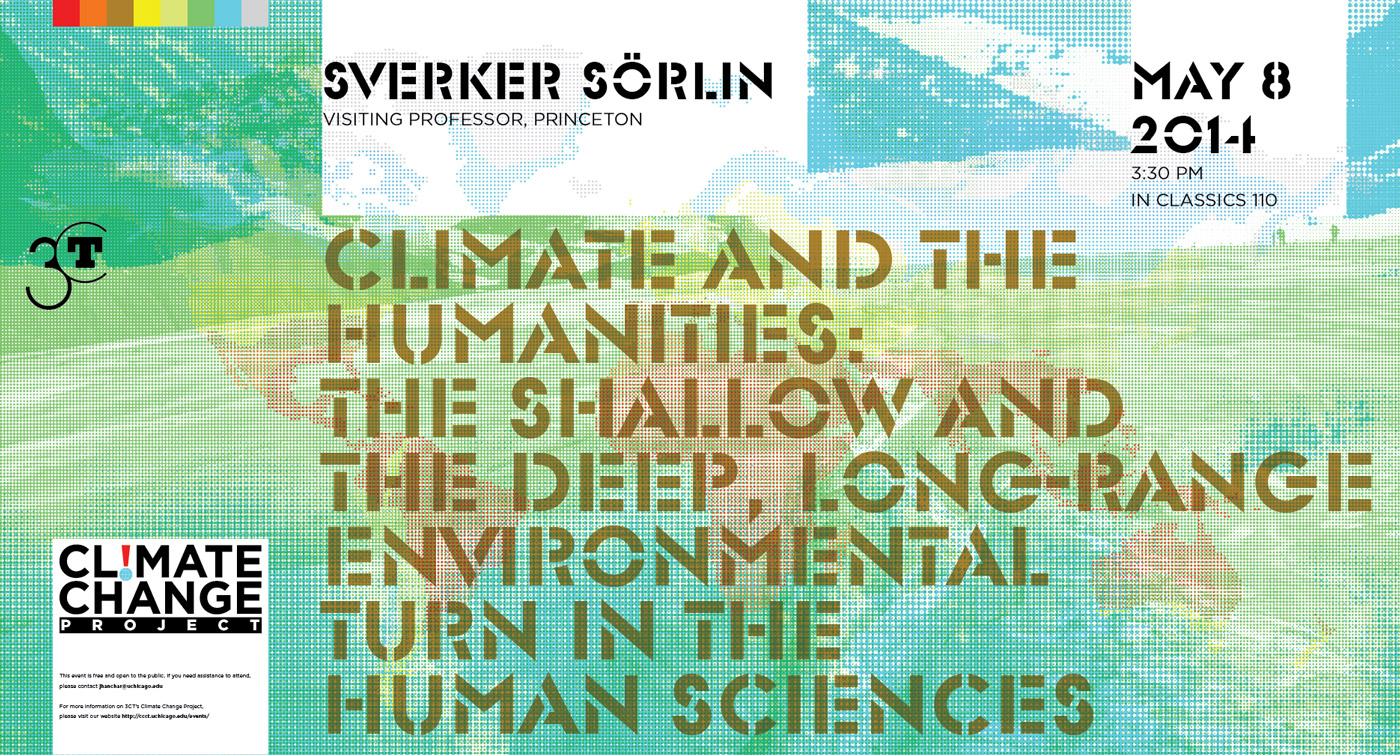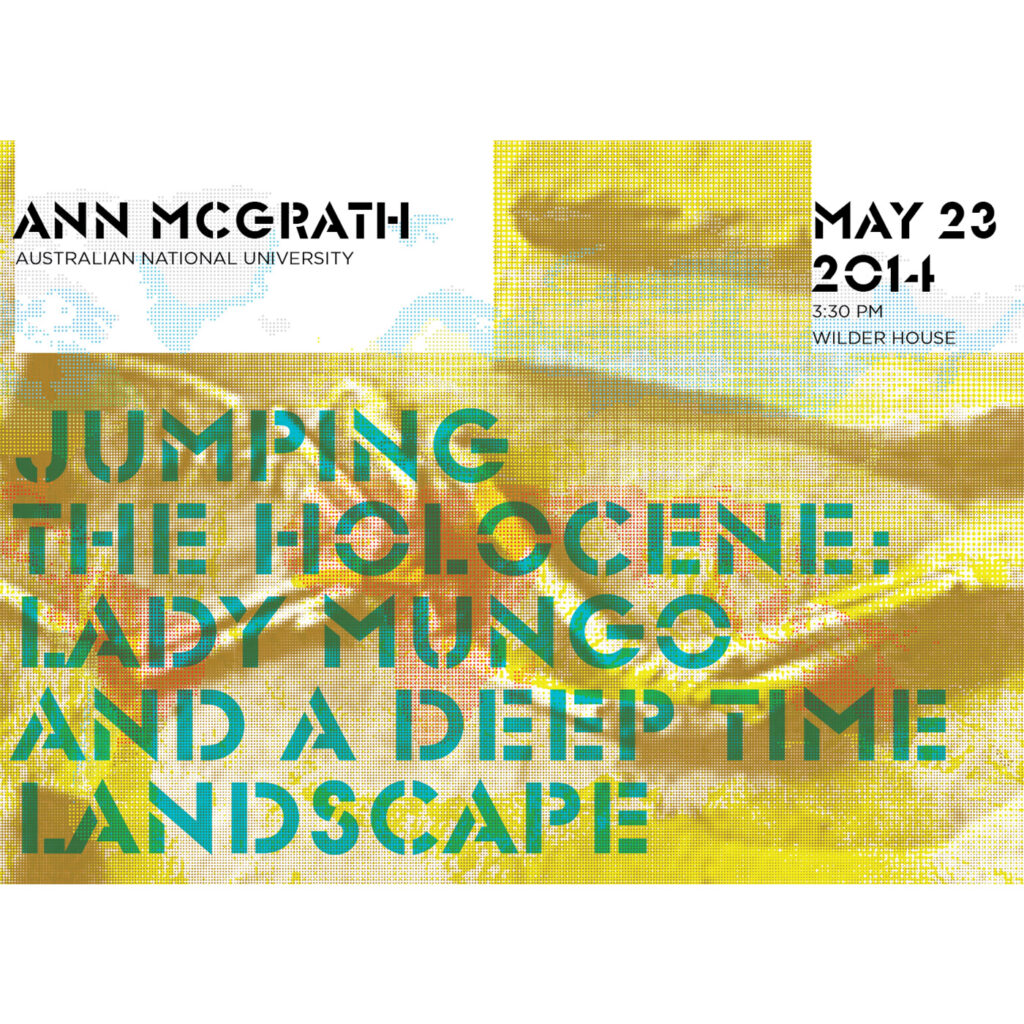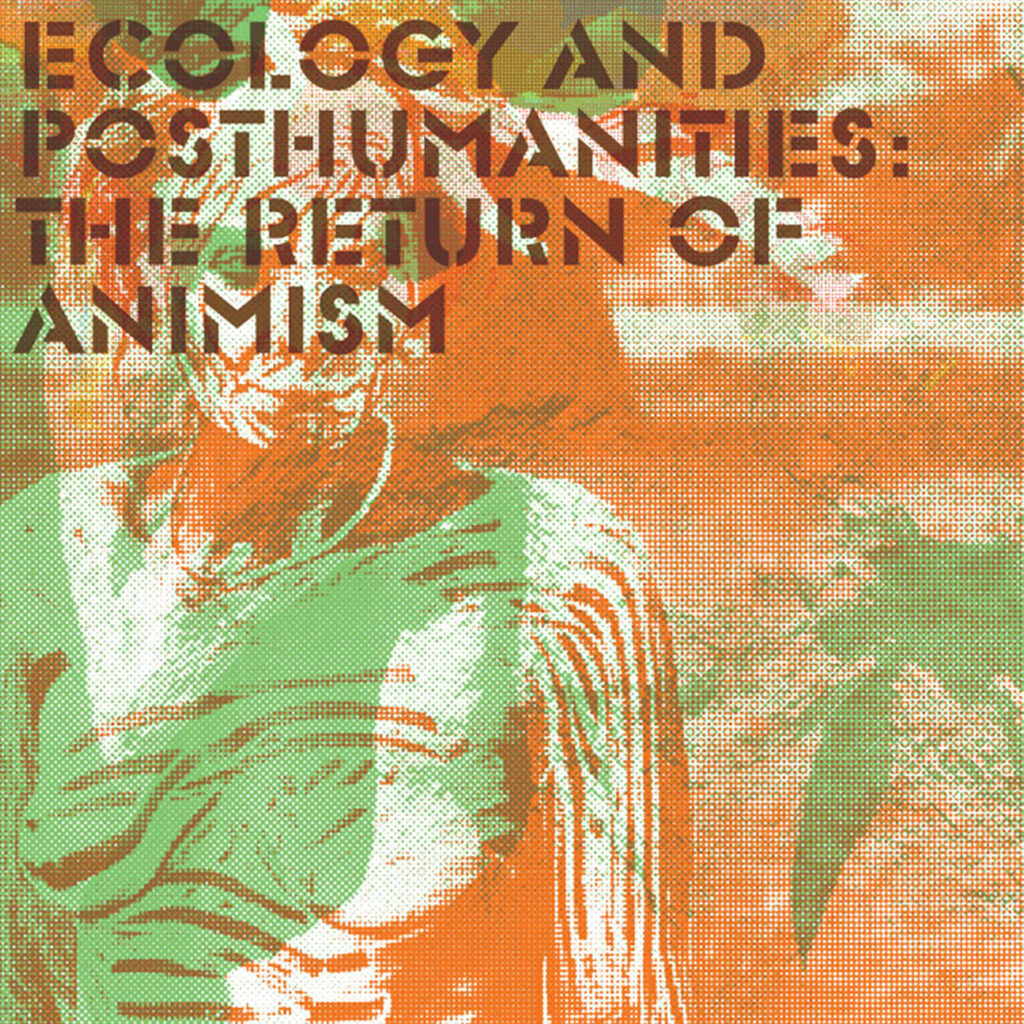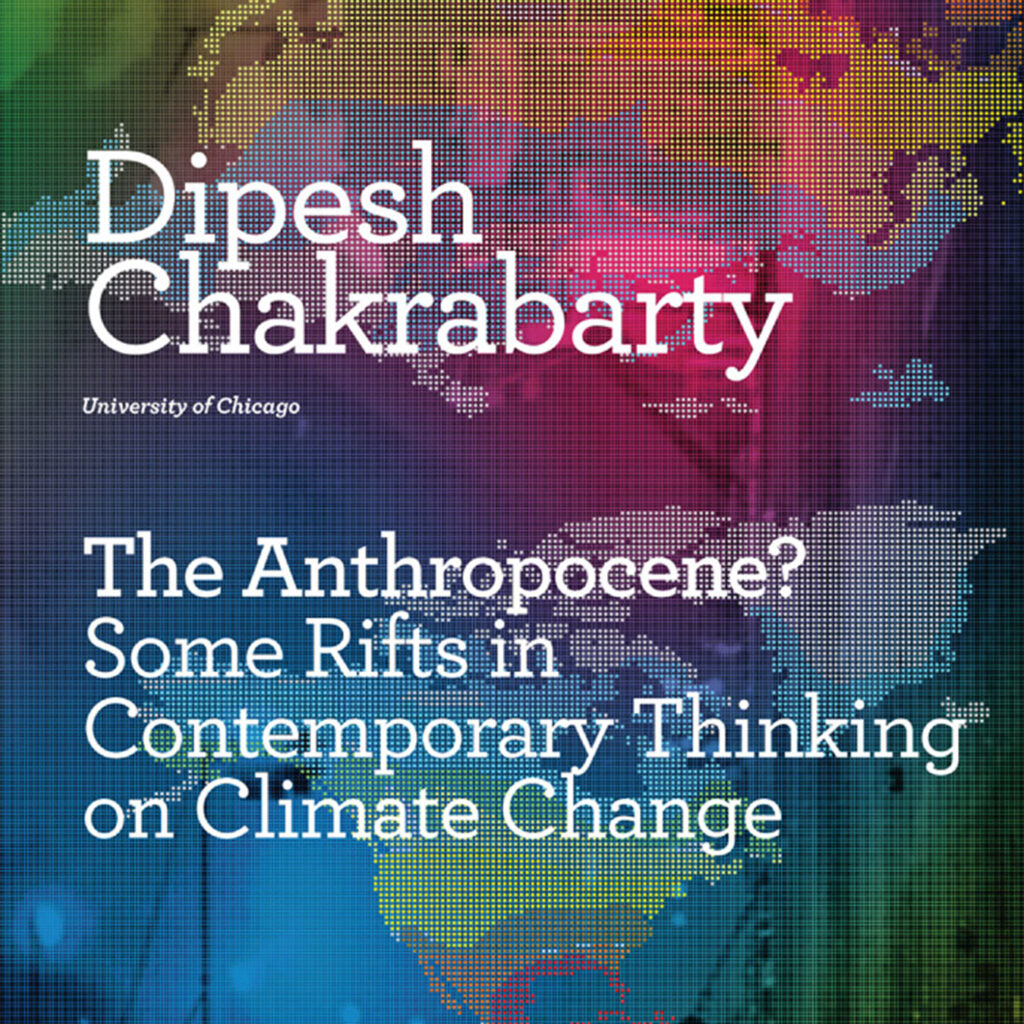Categories
Sverker SörlinClimate and the Humanities: The Shallow and the Deep, Long-Range Environmental Turn in the Human Sciences
Thursday, May 8, 2014In 1973 Norwegian philosopher Arne Naess published his famous article “The Shallow and the Deep, Long-Range Ecology Movement” in the journal Inquiry. He thus coined the concept “deep ecology” and argued for major changes of the values regarding nature and humans place in it, rejecting all hierarchies and equalizing the rights of survival for all species and living beings. He wished to see a profound transformation of ecology in order for it to serve as a guiding light for humanity in its search for a new path towards a responsible living on a planet with limited resources. Naess’s article appeared at a time when a social reading of ecological ideas was in the ascendance. In a similar way we now find environmental topics and issues being addressed by the humanities, climate now also included among them and possibly the most ominous as it drives change in so many others. Although there are predecessors, the environmental humanities are essentially in an initial phase as an academic enterprise. It is an open question which routes this enterprise might take. One possibility is that the humanities will broaden but remain largely untouched. Another possibility is that the forces of change will be strong enough to affect the humanities more profoundly. In recent years there has been a surge of reports and books in many countries addressing the wider societal mission of the humanities and they seem united by a call for a new relevance. In this paper I will discuss in particular the role of climate awareness, politics and history in the wider context of such change in the humanities.
Sverker Sörlin’s core area of research is in the roles and functions of knowledge in environmentally informed modern societies. Another major area of interest is research and innovation policy where he serves as a policy analyst and adviser. His current research projects encompass the science politics of climate change through the lenses of glaciology and sea ice; the emergence of and changes within environmental expertise; historical images of Arctic futures; and the environmental turn in the humanities and the social sciences. Along with his academic career, Sverker Sörlin is engaged in environmental and research policy advice in Sweden and internationally; during 1994 to 1998, and again from 2005 through 2009, he served on the Swedish Government’s Research Advisory Board. He serves currently on the Government’s Environmental Research Board, and he also advises the Swedish Society for Nature Conservation.



